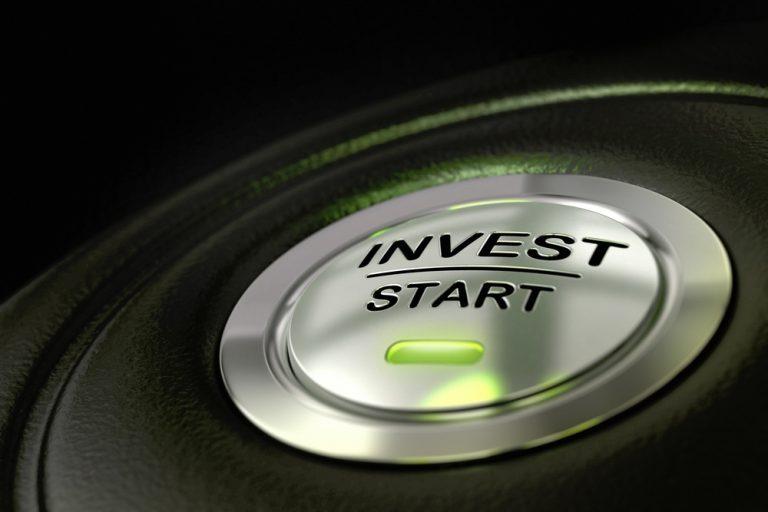
The tech sector seems to dominate the media attention given to start-ups. The term ‘unicorn’, a privately owned business valued at more than a billion dollars, was born in Silicon Valley. The global superstars of the start-up world are often the tech companies for which there are few barriers to world domination.
But there are also other sectors raising cash from adventurous investors. The UK film industry has seen an increase in financial backing from independent sponsors alongside the support given by successive governments, including £200 million raised under the Enterprise Investment Scheme (EIS) in the past year. For UK-based investors who are new to the film industry, EIS helps make investment in a high risk industry more accessible. By providing 30 per cent upfront income tax relief, the investor receives 30p back for every pound that is put in. Then there are further reliefs for those with capital gains tax liabilities and if the investment is not successful there are further loss reliefs. All these tax advantages go a long way to mitigating the risks of an early stage start-up.
The film industry has been particularly popular for EIS investors as the government further supports the industry in the UK with the film production tax credit; a system that provides filmmakers with 20 per cent of costs back as a rebate. All this helps to support British films successes such as Mr Turner and Testament of Youth. Or The Kings Speech and Slum Dog Millionaire, which both gained private financial investment before scooping up Academy Awards and BAFTA’s.
Beyond the movies there are other sectors that are surprisingly popular with the early stage investors; in fact, there has been an explosion of interest in the previously staid world of mattresses.
Eve Sleep raised £375k in early 2015 (at a valuation of £891k). Then a further £22 million at progressively higher valuations over the next 2 years. They have just completed an IPO and now have a market capitalisation of £132 million. One of their main competitors has also raised £17.5 million of early stage money over the last 2 years. Is this what constitutes investors putting money under the mattress in our turbulent times?
Unfortunately, there are other sectors that are out of fashion – but where there may be good value. The less glamourous manufacturing industry is facing a six-year low in investment.
While manufacturing accounts for around 10 percent of the UK economy, Brexit has resulted in yet more uncertainty for manufacturers but a less valuable sterling makes products more affordable to an international client base, and with global sales accounting for two-thirds of manufacturing business; investing in UK manufacturing could reap rewards.
There are other sectors, such as medical devices, healthcare services and biotech, that are receiving high levels of government support, have an enviable record of UK talent and where an ageing population will continue to create demand on wider healthcare expenditure.
A hazard for would be early stage investors, particularly with tech investments, are that there are many innovative solutions that are desperately looking for a problem to solve. That is why my business focuses on consumer stuff – the products and services we buy and the way that we buy them. Whilst also thinking about the strength of team and the business model, we get excited about products or services laser targeted at a particular consumer pain or gain. We still see plenty of opportunity with real things – such as products that end up on supermarket shelves and casual dining experiences that can scale up to become well known chains.
Because these types of businesses are relatively less capital intensive, they are also well placed to take advantage of the Seed Enterprise Investment Scheme (SEIS) – established in 2012 as an extension of EIS. A company may raise their first £150k of equity investment under SEIS and investors can benefit from tax reliefs even more generous than under EIS. Income tax relief of 50% of the investment means the risk is halved as soon as an SEIS investment is made. Then there are other CGT reliefs, inheritance tax relief and loss relief should the investment fail. Gain on the investment is free from all capital gains tax after being held for three years.
The SEIS scheme makes it easier for the earliest stage businesses to raise enough cash to create the proof points for further investment and it mitigates the risks for investors for what is clearly a high risk/high return investment.
Matthew Cushen is an innovation consultant, entrepreneur and successful angel investor. He is Co-founder of Worth Capital.
The Start-Up Series SEIS Fund One, created by Worth Capital and managed by Amersham Investment Management, is a £2.1 million fund investing in 12 monthly winners of the Start-Ups Series, along with 2 other discretionary investments. The minimum investment is £10,000. Find out more here: www.worthcapital.uk
